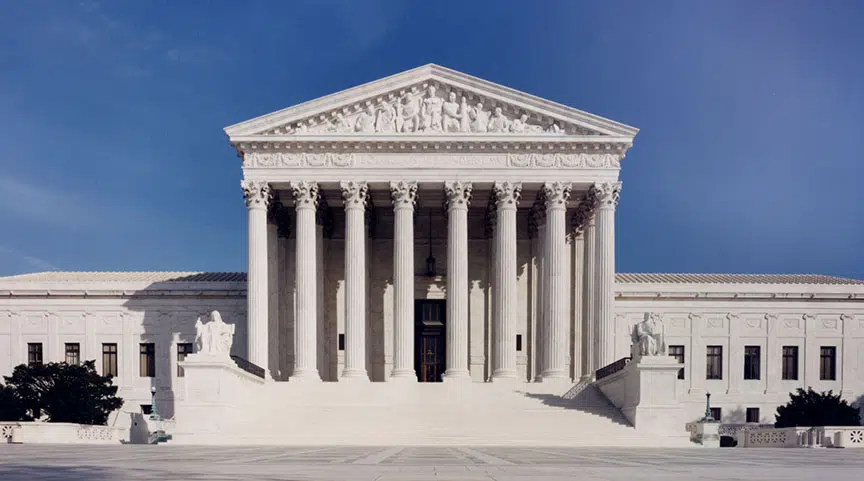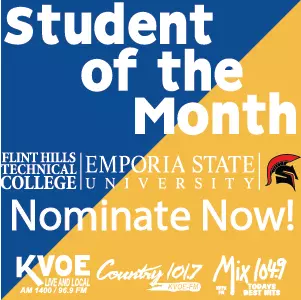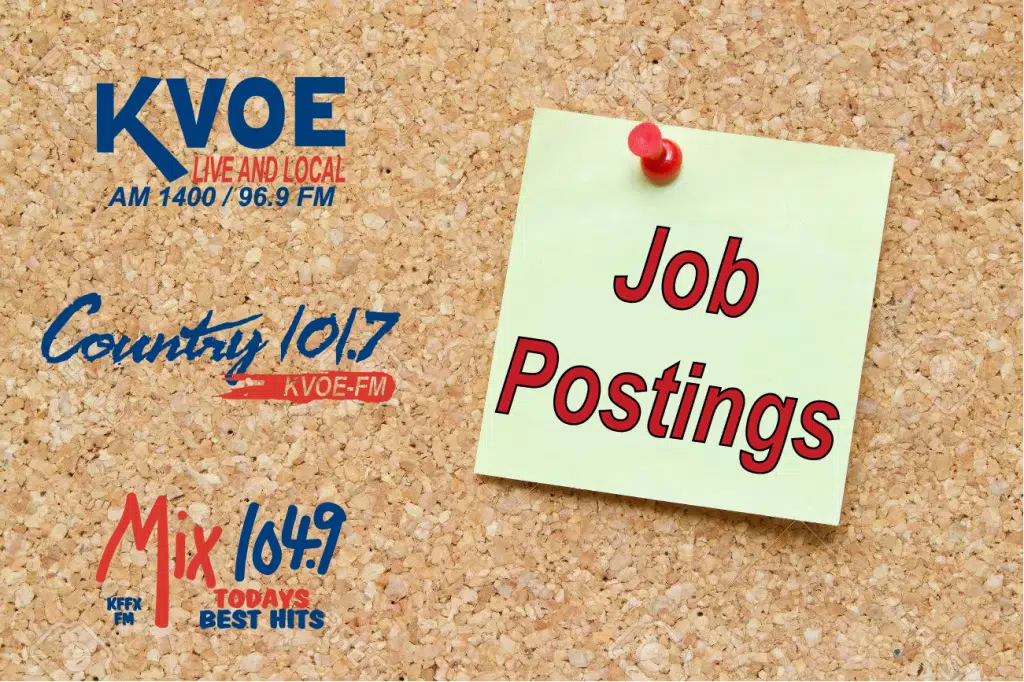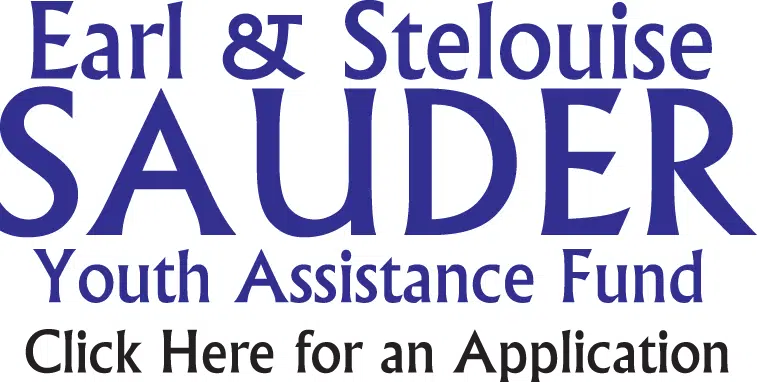The US Supreme Court on Friday struck down the Biden administration program to forgive student debt for more than 43 million American borrowers at a cost of $400 billion.
The vote was 6-3, with conservative justices in the majority in an opinion written by Chief Justice John Roberts.
Six GOP-led states had challenged the program as executive power overreach. The administration had argued it was supported by emergency powers Congress had granted under COVID relief legislation.
It represents a major political defeat for President Joe Biden. The program would have canceled $10,000 in student debt for all borrowers who made less than $125,000 and up to $20,000 for borrowers who also received Pell grants.
The White House earlier this week continued to decline to say what a “Plan B” would look like should the court strike it down.
Student loan payments are due to restart in October after a three-year pause put in place during the pandemic. Interest on federal student loans will start accruing in September.
Friday: Free speech vs LGBTQ+ protections
The US Supreme Court on Friday ruled for an evangelical Christian website designer in a case involving whether creative businesses can refuse to serve LGBTQ+ customers because of First Amendment free speech rights.
In a 6-3 decision for the conservative majority written by Justice Neil Gorsuch, the court said wedding websites are a form of speech and Colorado and its anti-discrimination law cannot force a designer to express something she does not wish to express.
“The First Amendment’s protections belong to all, not just to speakers whose motives the government finds worthy,” Gorsuch wrote. “In this case, Colorado seeks to force an individual to speak in ways that align with its views but defy her conscience about a matter of major significance.”
Justice Sonia Sotomayor, in a dissent read from the bench, said this is the first time in history the court has granted a business open to the public a right to refuse service to members of a protected class. Sotomayor warned the effect of the decision is not limited to the LGBTQ+ community, writing “the decision’s logic cannot be limited to discrimination on the basis of sexual orientation or gender identity.”
Thursday: Affirmative action
The US Supreme Court on Thursday set new limits on affirmative action programs in cases involving whether public and private colleges and universities can continue to use race as one factor among many in student admissions.
The court held, in an opinion for the conservative majority written by Chief Justice John Roberts, that Harvard and UNC’s admissions programs violate the equal protection clause of the Fourteenth Amendment.
The vote was 6-3 in the UNC case and 6-2 in the Harvard case, due to the recusal of Justice Ketanji Brown Jackson. Jackson had served on the board of overseers at Harvard, where she earned her undergraduate and law degrees.
Jackson, Justice Sonia Sotomayor and Justice Elena Kagan dissented in the two cases.
The blockbuster cases put affirmative action, which has been used for decades by colleges and universities to address inequality and diversify their campuses, in the spotlight. The Supreme Court had repeatedly ruled since 1978 schools may consider the race of applicants in pursuing educational benefits from a diverse student body, so long as it was one factor among many considered and the schools did not use a quota system.
The court’s decision undercuts more than 40 years of legal precedent and is a blow to schools that say race-conscious admissions programs are vital to building a diverse student body.
The impact will be felt most immediately in the college application process set to begin this fall for hundreds of thousands of high school students.





















